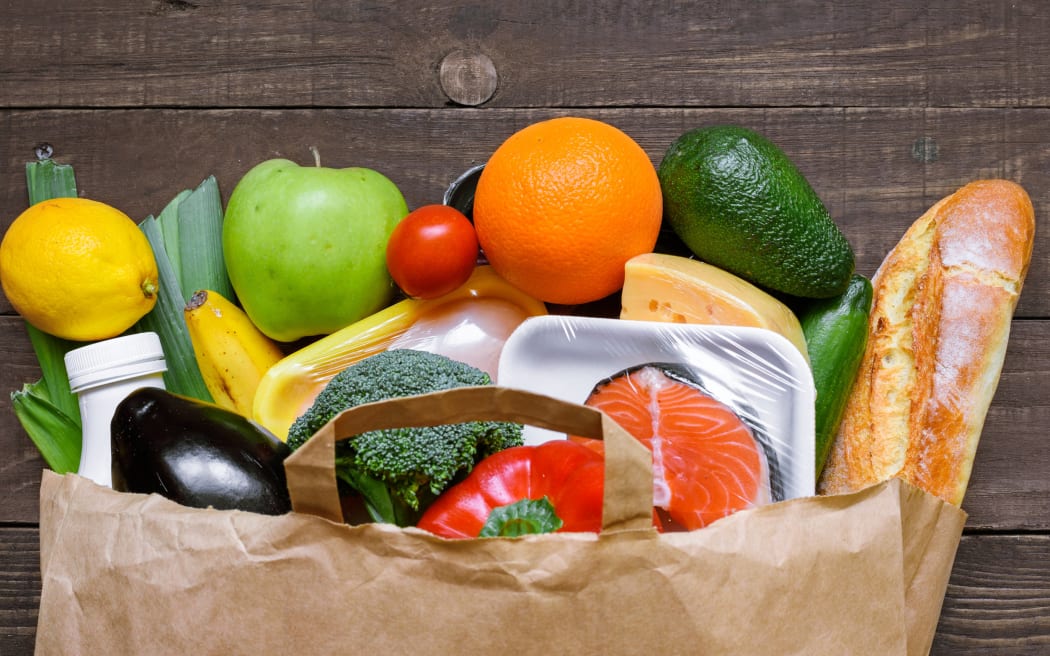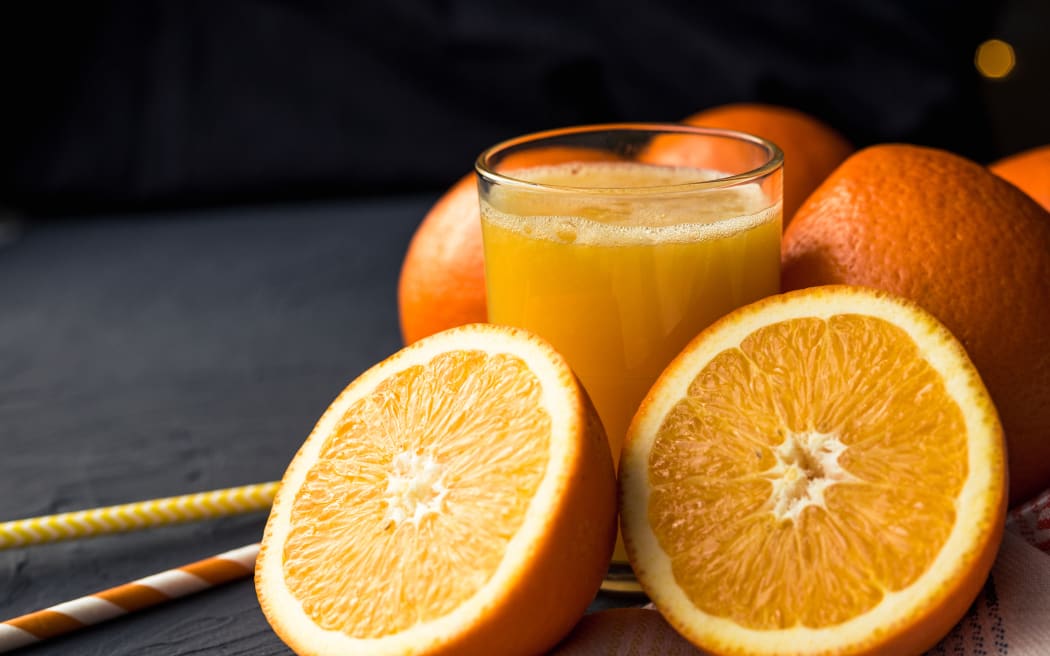![]()
Viewpoint – Removing the merchandise and providers tax (GST) from food stuff is not a new notion. Te Pāti Māori are currently pushing for its elimination from all meals. In 2011 Labour campaigned on eliminating GST from fruit and veggies. In 2017 NZ To start with wished GST removed from “basic food items items”.

Image: 123rf
It can be an concept that voters like. A current poll indicates 76 p.c of New Zealanders help eliminating GST from foodstuff. But regardless of the aid, taking away GST on food items always was, and nevertheless is, a poor concept.
The problem commences with the concern of inspiration. More than the yrs, there has been no solitary distinct objective for eliminating GST on foods. Often advocates argue it is really to inspire balanced having or cut down weight problems, occasionally it can be to assist very low income families find the money for much better food stuff.
As inflation increases to ranges not found for 30 many years, the main explanation given now is to ease the cost of residing anxiety on those people battling to retain up.
Newshub poll: Vast majority of Kiwis want GST eradicated from food items https://t.co/ZXLm6rKigb
— Newshub Politics (@NewshubPolitics) May 3, 2022
Sacrificing simplicity
But the attractiveness of New Zealand’s tax procedure is its simplicity. Eradicating GST on food items, or some forms of food – for instance, “balanced food items” – makes that procedure extra complicated and high-priced.
There are a amount of likely troubles.
Let us begin with the evident – what would rely as “food items”? Is milk powder food items? Probably indeed, so what about milk? Or flavoured milk? Oranges are foodstuff, so what about 100 percent normal orange juice? A broad definition of “foodstuff” would incorporate lollies, potato chips, McDonalds and KFC, but numerous would item to getting rid of GST from these on overall health grounds.

Image: 123rf
We would then will need to come to a decision what is satisfactory to exempt and what is not. The arguments would go on and on.
In Australia, the dilemma of whether or not an “oven baked Italian flat bread” is a bread (so not topic to GST) or a cracker (issue to GST) went to court docket, and concerned traveling a bread certification qualified from Italy to testify. The only motive why that work exists is because of to complexity in tax units close to the globe.
In Eire, the courtroom was demanded to rule on no matter whether Subway was serving “bread” or “confectionery or fancy baked goods” because of to the change in GST cure.
In the British isles, advice on how GST on foods is utilized runs to 40 webpages with 130 instance categories in Australia, an 87-web page document covers some 1500 foodstuff styles.
NZ 1st campaigned on exempting “simple food objects” but this is also tricky to determine. Are pies essential food stuff items? Is a cold pie bought in a grocery store that you heat yourself different from a heated a person offered in a bakery or a single served at your table in a café?
Even even worse would be to define “standard food items” as what is bought in supermarkets. We by now have an situation with a lack of levels of competition in the supermarket sector and that type of exemption would hand the current duopoly even a lot more marketplace power.

There is a chance supermarkets could be handed extra marketplace ability as aspect of the difficulties connected with defining basic meals, Stephen Hickson writes.
Image: Unsplash/ Eduardo Soares
Food costs will not likely drop that a great deal
Exempting some points and not some others provides price tag to the system.
Foodstuff stores promote much more than just food stuff. With the proposed exemptions some factors they offer will be subject matter to GST and some not. Some predominantly non-foodstuff shops this kind of as petrol stations also sell meals.
Ultimately, another person has to fork out the price tag of complexity and the kinds most content about that will be the accountants.
One more problem is a person of expectations. Food stuff price ranges will drop but not by the total amount of GST. Primary economics teaches us that when some thing is taxed, producers and individuals share the stress of that tax.
The value rises for individuals but producers have to take in some of that added price. When the tax comes off, hence, the reverse comes about, and producers and individuals share the price reduction.
The 2018 Tax Doing the job Team (TWG) did not support eradicating GST on food stuff. It emphasised how this kind of exemptions guide to “intricate and often arbitrary boundaries”, specifically when striving to focus on certain varieties of food stuff these kinds of as “balanced food items”.
They also mentioned that such exemptions are a “poorly focused instrument for acquiring distributional aims”.
This is essential offered the latest drive to support New Zealanders, significantly these on reduced incomes, with the price of dwelling.
Substitute answers
The functioning group discussed that if the target was to support people on lower incomes, and the govt was keen to give up the GST earnings from food, then it would be far better to go on to accumulate the GST and only refund it by using an equivalent lump sum payment to just about every New Zealand residence or taxpayer.
Higher cash flow households pay more GST on food stuff because they spend a lot more on food items than lower revenue homes. That’s why lower earnings households would get extra back again by using a refund than what they pay back in GST on meals.
This would be easier and a much more efficient way to tackle an situation confronted by small profits homes.
The intentions with eliminating GST on food are excellent, but good intentions never generally equal superior coverage. If the government needs to raise assistance to New Zealand homes it should really do so in the most economical way, which removing GST on food stuff is not.
*Stephen Hickson is an Economics Lecturer and Director Enterprise Taught Masters Programme at the College of Canterbury.




